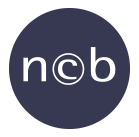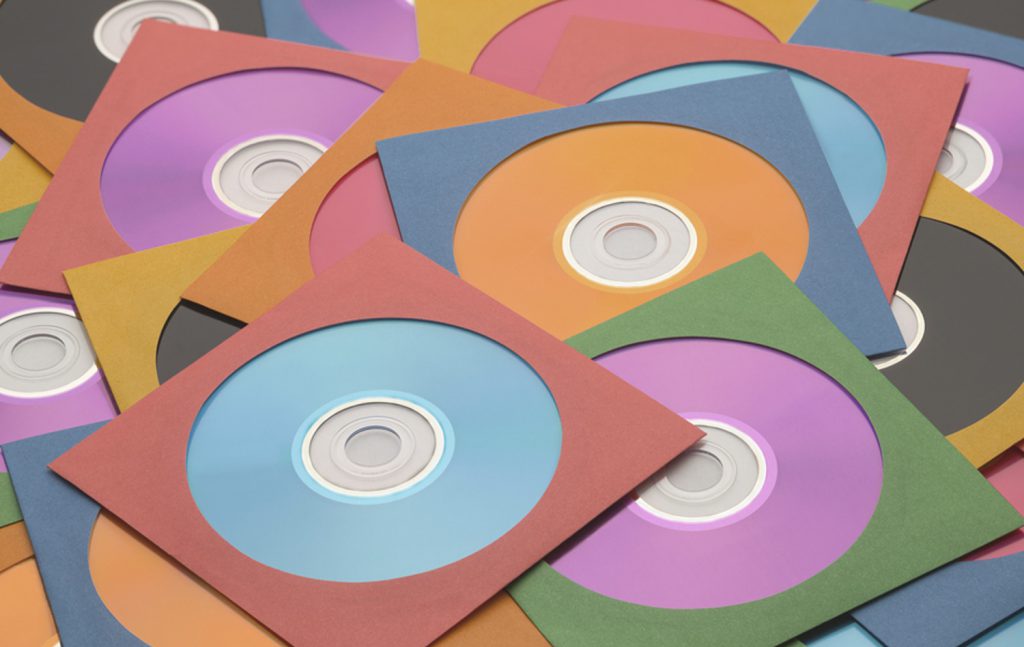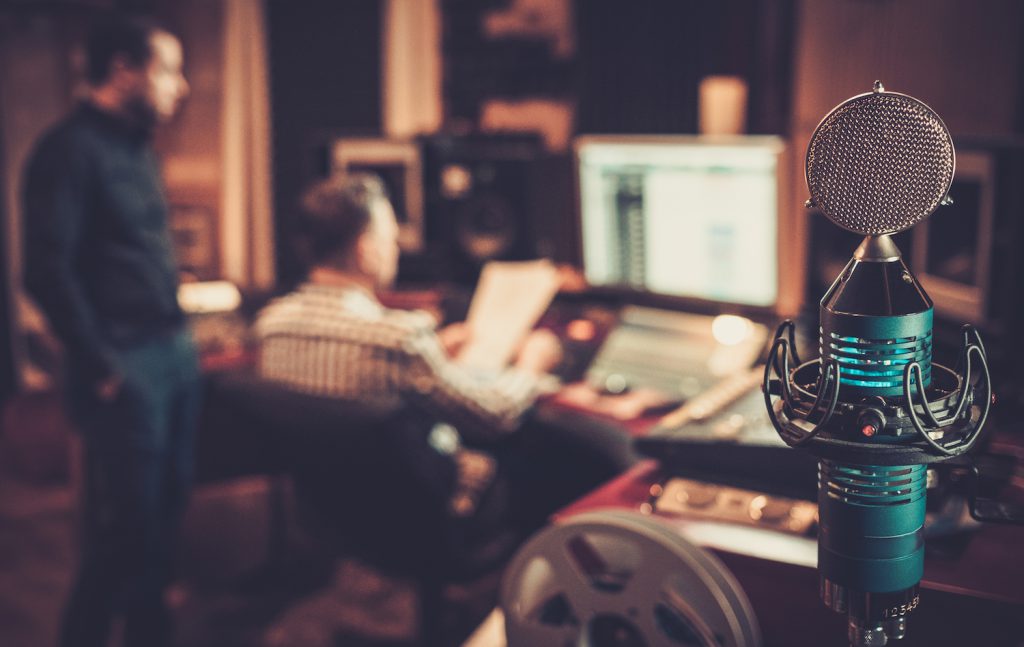NCB’s audio standard agreement (“Sound Carrier Contract”) is generally the appropriate license for record companies that have both a number of current releases and ongoing sales. The standard agreement covers most physical products (e.g. CD, DVD audio, vinyl).
Standard agreement – Audio
If you hold an NCB standard agreement there are a number of reporting obligations and accounting deadlines that you have to observe. These instances recur every six month (equivalent to an accounting period). However, registration of releases should be made on a regular basis whenever you market a new release.
The standard agreement may not be suitable for small labels because of the ongoing registration and reporting obligations that are required to comply with the agreement. Besides holders of a standard agreement have to be approved by NCB, provide a financial guarantee and pay monthly advances to NCB.
Additional agreement – Music video
NCB’s music video agreement is a supplementary agreement to the audio standard agreement. This agreement covers physical audio-visual products on DVDs or Blu-ray discs where music is the primary content e.g. video clips and concert videos.
Music video agreementAdditional agreement – Minority appeal repertoire
This agreement is a supplementary agreement to the audio standard agreement for minority appeal repertoire.
Music video agreement



